Market Analysis
In-depth Analysis of Business Travel Market Industry Landscape
The business travel market is influenced by a variety of factors that collectively define its contours and determine its trajectory. One of the fundamental elements shaping this market is the overall economic environment. The state of the economy plays a pivotal role in influencing corporate decisions regarding business travel. During periods of economic growth and stability, companies tend to expand their operations, leading to increased business travel for meetings, conferences, and negotiations. Conversely, economic downturns may prompt organizations to tighten budgets, resulting in a reduction in business travel expenditures.
Technological advancements contribute significantly to the market factors in the business travel industry. The rise of virtual communication tools, video conferencing, and collaborative online platforms has altered the landscape of business interactions. While these technologies provide alternatives to physical travel, they also impact the demand for traditional business travel services. The balance between the convenience of virtual meetings and the importance of face-to-face interactions influences corporate travel decisions, contributing to the overall dynamics of the business travel market.
Geopolitical factors play a crucial role in shaping the business travel market. Political stability, diplomatic relations, and international conflicts can impact travel patterns and decision-making for companies with global operations. Changes in visa regulations, trade agreements, and geopolitical tensions may influence travel restrictions and preferences, creating a complex environment that businesses must navigate when planning their travel activities.
Corporate policies and practices are essential market factors in the business travel sector. Company policies regarding travel expenses, travel approvals, and travel management systems shape how organizations approach business travel. Increasingly, companies are adopting sustainable travel practices, considering the environmental impact of their travel activities. Travel policies that prioritize sustainability, cost-efficiency, and employee well-being contribute to the evolving dynamics of the business travel market.
The airline industry plays a central role in the business travel market, and factors such as airfare prices, flight availability, and airline alliances influence corporate travel decisions. The competitiveness of the airline industry, including the presence of low-cost carriers and the quality of services offered, impacts the overall cost of business travel. Additionally, global events, such as pandemics or natural disasters, can disrupt air travel and reshape the priorities and considerations of businesses regarding employee travel.
Accommodation options and the hospitality sector are critical market factors in business travel. The availability of hotels, conference facilities, and other lodging options impacts the decisions of companies when planning business trips. Quality, convenience, and cost-effectiveness of accommodation options influence the overall experience of business travelers and contribute to the attractiveness of specific destinations for corporate events and meetings.
Regulatory factors also shape the business travel market. Changes in visa requirements, health and safety regulations, and travel restrictions imposed by governments impact the feasibility and logistics of business travel. Companies must stay abreast of these regulations and adapt their travel plans accordingly, influencing the overall dynamics of the business travel market.
Market factors in the business travel industry are also influenced by societal trends and cultural considerations. The growing emphasis on work-life balance, flexible work arrangements, and employee well-being impact corporate attitudes towards business travel. Companies are increasingly mindful of the impact of frequent travel on employee health and job satisfaction, leading to a reassessment of travel policies and preferences for remote collaboration.
In conclusion, the business travel market is a multifaceted landscape shaped by economic conditions, technological advancements, geopolitical factors, corporate policies, airline industry dynamics, accommodation options, regulatory considerations, and societal trends. The interplay of these factors defines the contours of the business travel sector, reflecting the evolving needs and priorities of businesses as they navigate a complex and dynamic environment.


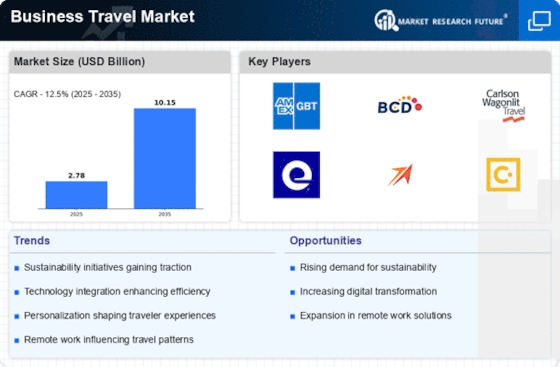
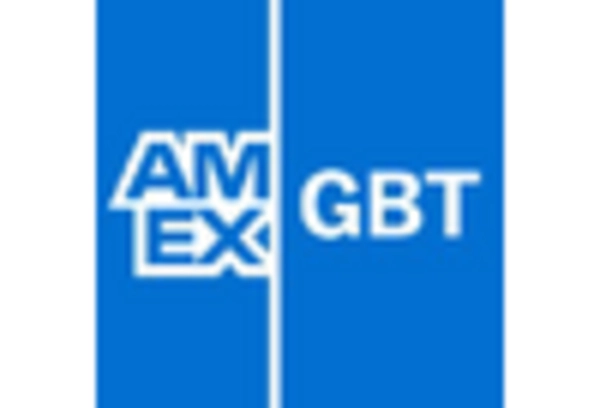
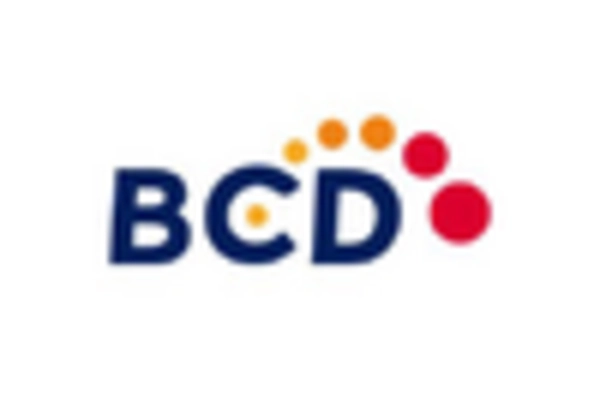
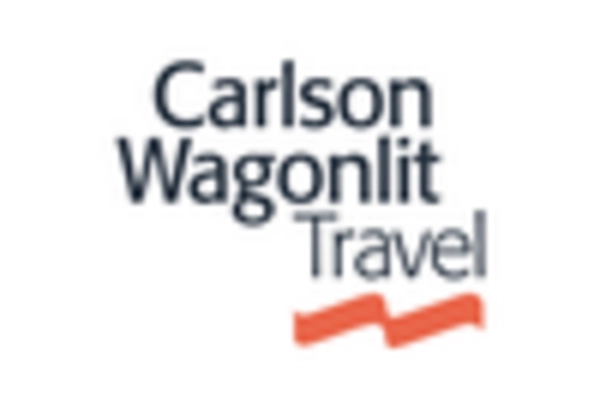
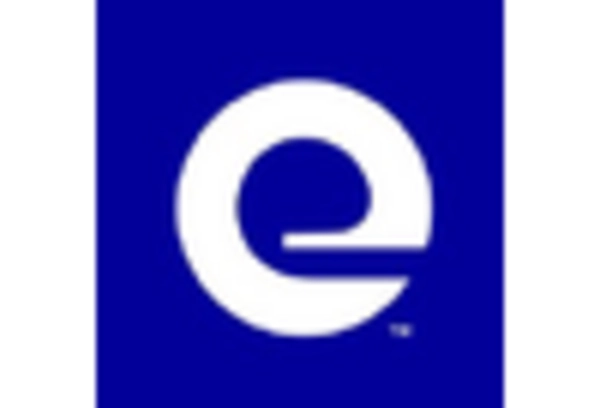

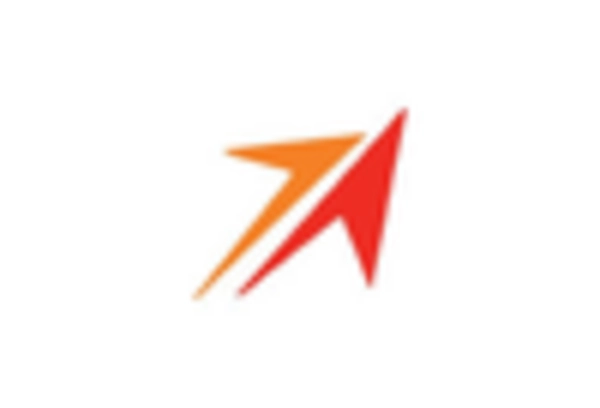










Leave a Comment